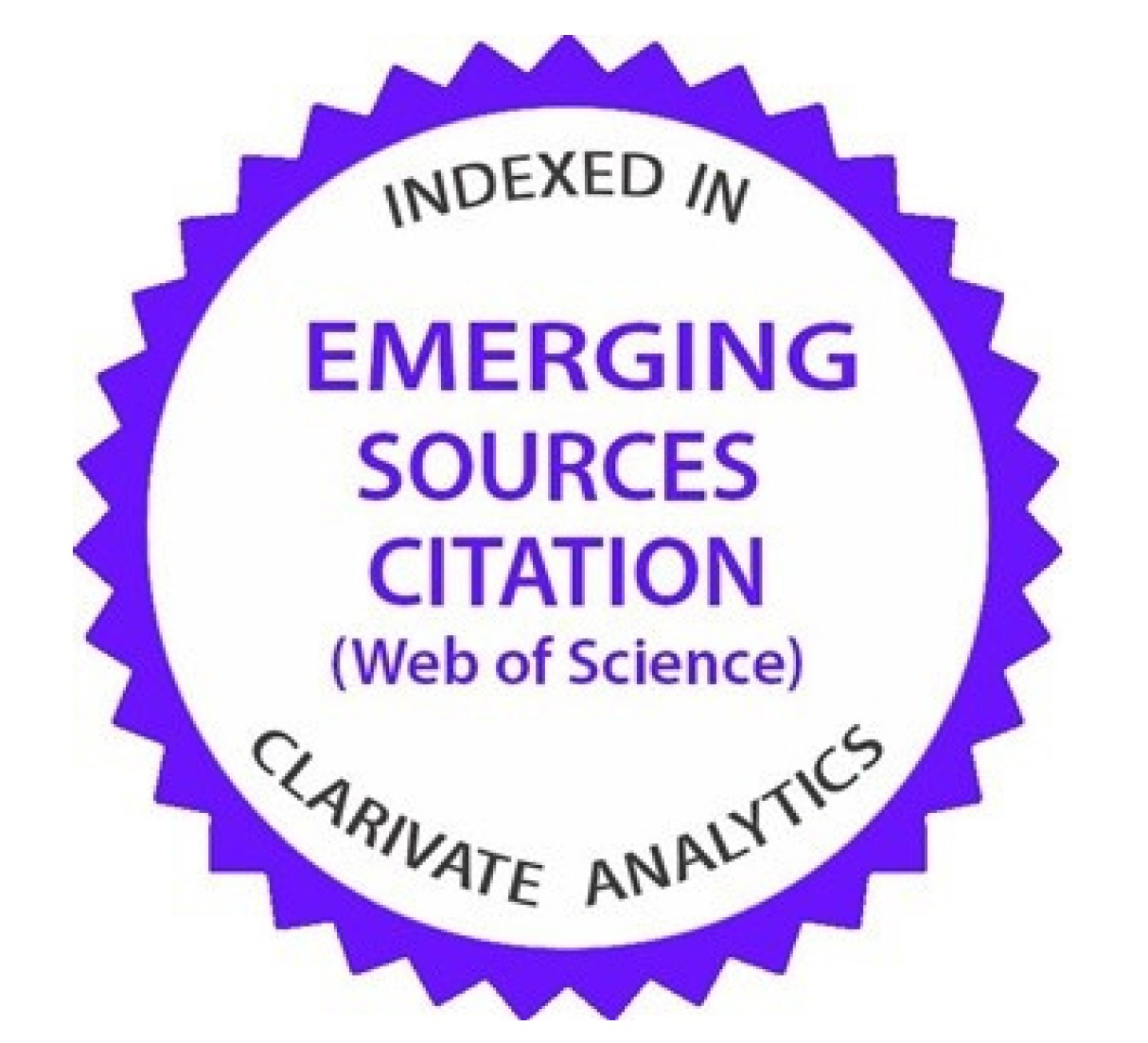POLICÍA NACIONAL DE COLOMBIA
Anti-plagiarism policy
Revista Criminalidad aims to promote academic integrity, originality, and quality in the articles published, contributing to scientific development in the field of criminality and related disciplines. In this context, we adopt a rigorous anti-plagiarism policy that seeks to prevent, detect, and penalize plagiarism in all its forms, based on best international practices regarding research ethics (Booth, Colomb, & Williams, 2008).
Definition of plagiarism
According to the American Psychological Association (APA), plagiarism refers to the unauthorized appropriation of ideas, words, results, or works of others without giving proper credit (American Psychological Association [APA], 2020). This includes, but is not limited to:
- Copying substantial or complete excerpts of texts without proper citation.
- Reusing previously published material without proper reference.
- Paraphrasing or rewriting without attributing the original sources.
- Self-plagiarism, or using previous works by the author without proper citation.
Use of detection tool
To ensure the integrity of the editorial process, the Revista Criminalidad employs the iThenticate plagiarism detection tool. This tool conducts a comprehensive comparison of the manuscript with an extensive database of academic and scientific publications, as well as other publicly accessible sources, enabling the identification of uncited similarities (iThenticate, 2023).
Review Procedure
- Article reception: all received manuscripts will undergo a preliminary analysis using iThenticate to verify their originality. The reports generated by the tool will be evaluated by the editorial team, who will assess the relevance of the matches.
- Tolerance criteria: according to best editorial practices, the journal follows the guidelines established by organizations such as Elsevier and Springer to determine the limits of acceptable similarities (Elsevier, 2022). Generally, a similarity percentage of up to 20% will be considered acceptable, provided it is properly cited. However, the relevance of the matches and their context will be taken into account.
- Actions upon detecting plagiarism: if partial or full plagiarism is detected in the manuscript:
- Minor plagiarism (up to 20% uncited similarities): The author will be notified and asked to make the necessary corrections and proper citations.
- Major plagiarism (more than 20% uncited similarities or blatant plagiarism): The article will be immediately rejected. If plagiarism is detected after publication, the article will be withdrawn, and the author will be informed of the actions taken.
- Notification and corrections: the author will be notified in detail about the areas where matches have been detected. Following Elsevier's editorial procedure (2022), the author will be given a specified period to make the necessary corrections and resubmit the manuscript.
Author's responsibility
The author is solely responsible for ensuring that their work is original and that all sources are properly cited and referenced, following the relevant citation guidelines (APA, 2020). If a work is submitted that violates plagiarism policies, the sanctions outlined in this policy will be applied.
Sanctions
According to international editorial ethics standards (COPE, 2021), if an article is found to contain plagiarism, the following sanctions will be applied:
- Disqualification of the article under review.
- Retraction of the published article.
- Prohibition of submitting future manuscripts to the journal.
- Notification to other journals and relevant databases, if necessary.
Continuous Review
The Revista Criminalidad is committed to periodically reviewing and updating this policy, based on technological advances, changes in ethical regulations, and best practices in scientific publishing (COPE, 2021).
References
American Psychological Association. (2020). Publication manual of the American Psychological Association (7th ed.). APA.
Booth, W. C., Colomb, G. G., & Williams, J. M. (2008). The craft of research (3rd ed.). University of Chicago Press.
COPE. (2021). Code of conduct and best practice guidelines for journal editors. Committee on Publication Ethics (COPE). https://publicationethics.org/
Elsevier. (2022). Ethics in publishing. Elsevier. https://www.elsevier.com/en-xm/ethics/ethics-in-publishing
iThenticate. (2023). Plagiarism detection for researchers and publishers. iThenticate. https://www.ithenticate.com














